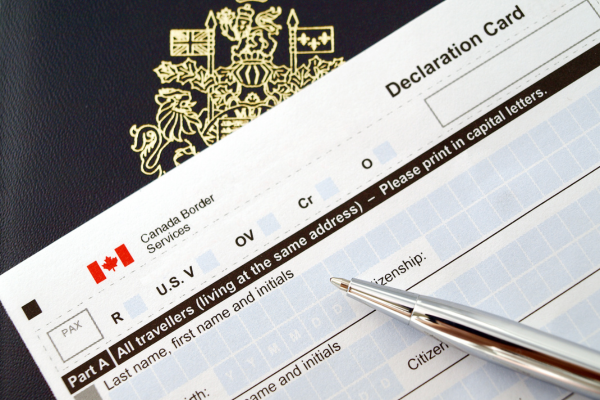How to Immigrate to Canada Through Study
Immigrating to Canada through study is a popular pathway for international students. This process not only allows individuals to gain a world-class education but also provides a route to permanent residency. This article will guide you through the steps involved in immigrating to Canada as a student, including the application process for study permits, post-graduation work opportunities, and pathways to permanent residency.
Understanding the Canadian Education System
Canada is home to numerous universities and colleges that offer a wide range of programs for international students. The country is known for its high-quality education system, which is recognized globally.
Types of Educational Institutions
- Universities: Offer undergraduate and graduate degrees.
- Colleges: Provide diploma and certificate programs, often with a focus on practical skills.
- Vocational Schools: Specialize in specific trades and skills.
Steps to Immigrate Through Study
1. Choose a Program and Institution
Selecting the right program and institution is crucial. Prospective students should consider factors such as:
- Program relevance to career goals
- Institution reputation
- Location and cost of living
2. Apply for Admission
Once you have chosen a program, you need to apply to the institution. This typically involves:
- Submitting an application form
- Providing academic transcripts
- Demonstrating English or French language proficiency (e.g., IELTS, TOEFL)
- Writing a statement of purpose
3. Obtain a Study Permit
After receiving an acceptance letter, the next step is to apply for a study permit, which allows you to study in Canada.
- Eligibility Requirements:
- Acceptance by a designated learning institution (DLI)
- Proof of sufficient funds to cover tuition and living expenses
- Intention to leave Canada upon completion of studies
- Application Process:
- Gather required documents (acceptance letter, proof of funds, identity documents)
- Apply online or through a Canadian embassy/consulate
- Pay the application fee
4. Prepare for Arrival
Once your study permit is approved, you can prepare for your move to Canada. This includes:
- Arranging accommodation
- Understanding healthcare options
- Familiarizing yourself with Canadian culture and laws
Working While Studying
International students in Canada are allowed to work while studying, which can help cover living expenses.
- On-Campus Work: Students can work at their institution without a work permit.
- Off-Campus Work: Students may work off-campus for up to 20 hours per week during academic sessions and full-time during scheduled breaks.
Post-Graduation Work Opportunities
After completing your studies, you may be eligible for a Post-Graduation Work Permit (PGWP), which allows you to work in Canada for a duration equal to your study program (up to a maximum of three years).
Eligibility for PGWP
- Must have completed a program of study at a DLI
- The program must be at least eight months long
- Must apply for the PGWP within 180 days of receiving your final marks
Pathways to Permanent Residency
Studying in Canada can lead to permanent residency through various immigration programs:
- Canadian Experience Class (CEC): For those who have gained work experience in Canada.
- Express Entry: A points-based system that includes international graduates.
- Provincial Nominee Programs (PNPs): Some provinces have specific streams for international graduates.
Financial Considerations
Studying in Canada involves various costs, including tuition fees, living expenses, and health insurance.
| Cost Type | Estimated Amount (CAD) |
|---|---|
| Tuition Fees | $7,000 – $29,000 per year |
| Living Expenses | $10,000 – $15,000 per year |
| Health Insurance | $600 – $1,000 per year |
Frequently Asked Questions (FAQ)
What is a study permit?
A study permit is a document issued by the Canadian government that allows international students to study at designated learning institutions in Canada.
How long does it take to get a study permit?
Processing times vary by country but typically range from a few weeks to several months.
Can I bring my family with me?
Yes, international students can bring their spouse and dependent children. Your spouse may also apply for an open work permit.
What happens if I want to stay in Canada after my studies?
You can apply for a Post-Graduation Work Permit and later transition to permanent residency through various immigration programs.
Are scholarships available for international students?
Yes, many Canadian institutions offer scholarships specifically for international students. It is advisable to check with the chosen institution for available options.
Conclusion
Immigrating to Canada through study is a viable and rewarding pathway for many international students. By following the outlined steps, from selecting a program to applying for permanent residency, you can successfully navigate the process and begin your journey in Canada.For more detailed information, you can refer to the official Canadian government website on studying in Canada: Canada Immigration and Citizenship.
 Skip to content
Skip to content



